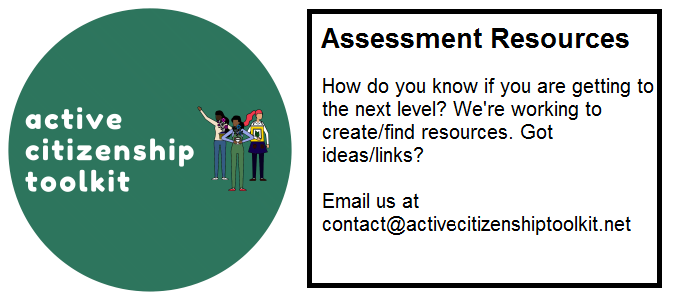Element Descriptor
Most workshops are clearly and thoughtfully designed. And pigs are replacing planes in the sky. Everybody can dredge up an example of a poorly designed workshop they attended, yet there is little evaluation, learning and innovation. The same formats are wheeled out unthinkingly. This leads to those who attended the workshop to disengage from other aspects of the groups work, and a workshop that haemorrhages attendees is demoralising for those who run it. This is a shame as workshops are a useful way to offer training and form connections between individuals.
Level descriptors
| Novice | Practitioner | Expert | Ninja |
|---|---|---|---|
| Happy to design, perhaps together, with a more experienced workshop facilitator, a short or small workshop with a friendly or known group of attendees on issues that are straightforward to convey or not highly sensitive. If not all the design comes off, there is little long-term damage to the group. | With sufficient advance notice, able to designs workshops that meet a number of aims and foreground building connections between participants. The workshops may touch on sensitive or complex areas, and involve parallel sessions or breakout groups. | Regularly designs workshops for large groups, or groups who are traditionally difficult to reach. Innovates in the design, draws on previous learning, and builds in flexibility. They have a reputation for good workshop designed and are sometimes asked to help others design their work | At very short notice can design a workshop for almost any audience, on almost any issue. May have pioneered formats that are now regularly other groups – or even have a type of workshop named after them. Regularly asked to consult on workshop design the world over. |
Element Overview Essay
This is a draft. If something doesn’t make sense, or you see typos, or if you have further ideas, please email us on contact@activecitizenshiptoolkit.net
The reason why workshop design is usually so poor and poorly understood is that most people have limited experience of good design. And typical design, normal design is usually quite shit. The Guru speaks for too long, then you are divided up into meaningless breakout groups to perform meaningless tasks that are assigned to you. And then you come back into a planner And then there’s a QA. And then the workshop Guru is told what a wonderful job they’ve done. And then you make a break for some bad coffee, or whatever. Now that well, that’s how it used to work before COVID on the whole. So if you’re not seeing it done well, yoxyzu’re unlikely to imagine that it can be done well.
The consequences of bad workshop design is the workshop stay crap. And people don’t stick around and movements if they’re not continually inspired. And they’re not learning new things and workshops are allegedly one of the ways that we both inspire people, but also get them learning new things.
So this is kind of a key skill. In terms of design of decent workshops, there are actually, you know, really good practitioners out there and there are people doing innovative things. If you want to get better at designing workshops, you have to design workshops and you have to innovate. You have to experiment. You have to be willing to fall on your ass. You have to give it another couple of days and see if you can refine it and get it right in the delivery, while remaining critical and non dogmatic, and those are some fairly high level skills.
Development Resources
xyz
Assessment Resources

